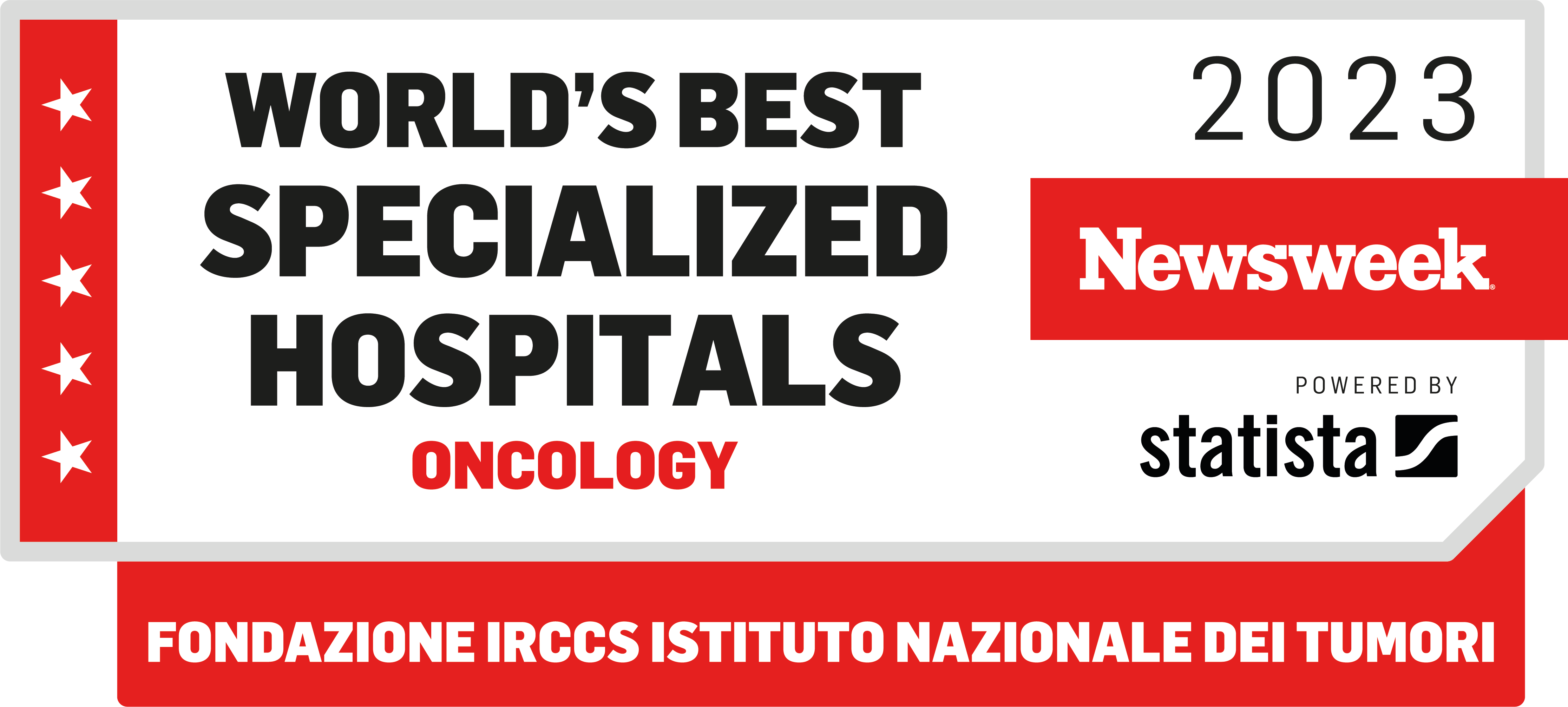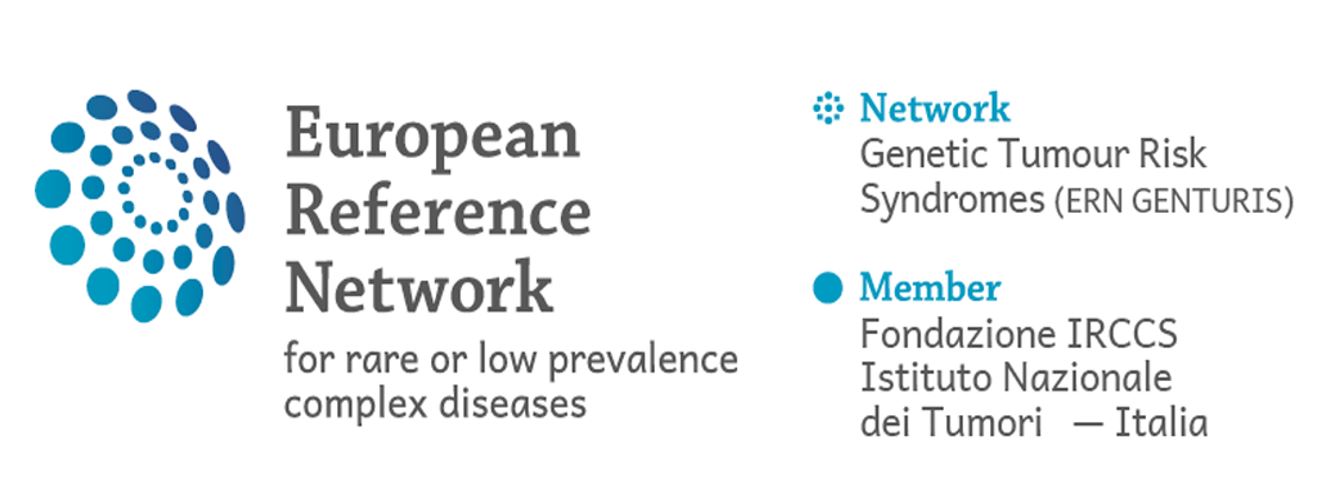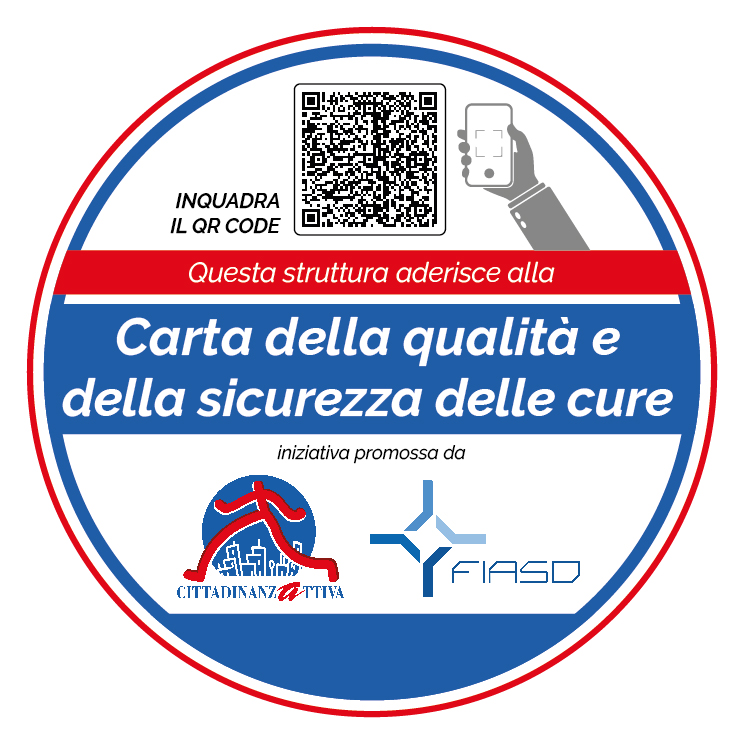DIET AND PREVENTION
Diet and Prevention
The Diet and Prevention research program is structured in two main investigative approaches:
- prospective cohort studies, to define individual risks related to diet;
- intervention studies, to test strategies for prevention of incidence and recurrence of cancer and other chronic-degenerative diseases.
The European Prospective Investigation into Cancer and Nutrition (EPIC) study was designed to investigate the relationships between diet, lifestyle, genetic, and environmental factors and the incidence of cancer and other chronic diseases in 23 centers across 10 European Countries. Data were collected from more than 520,000 volunteers. Follow-up is based on linkage with population cancer registries or a combination of methods including health insurance records, cancer and pathology registries, and active follow-up. The EPIC project represents an ideal natural laboratory thanks to the very heterogeneous dietary habits still to be found in different European populations.
The ORDET study is one of the first prospective European studies on the role of hORmones and Diet in the Etiology of breast Tumor. A total of 10,786 healthy women, aged 35–69 years, residents in Varese province, Northern Italy, were recruited in 1987−1992. Information on lifestyle characteristics, menstrual and reproductive history, dietary habits, and anthropometric measurements have been collected at baseline. Moreover, blood samples were collected after 12 hours of fasting. All blood samples were processed and stored at –80°C. Women are followed through the local cancer registry (Lombardy Cancer Registry, Varese Province) for cancer incidence.
The COS study is a randomized controlled trial of diet and physical activity in BRCA mutation carriers. The aim of the study is to test whether moderate caloric and protein restriction (including avoidance of milk protein) together with physical activity, decrease IGF-I, insulin, and insulin resistance in women with a genetic susceptibility to breast cancer.
The TEVERE (Diana-4) study is a blinded randomized controlled trial of diet and metformin for primary prevention of breast cancer. The study is recruiting healthy women aged 45−74 years, with waist circumference >85 cm, and at least one feature of metabolic syndrome. The aim of the study is to test the effect of metformin, an antidiabetic drug, on breast cancer occurrence. The study hypothesis is that study participants treated with metformin (1700 mg/day) will have a lower incidence of breast cancer in comparison with women given placebo on breast cancer prevention during 5-year follow-up.
The MeMeMe study is a randomized controlled trial of diet and metformin for primary prevention of age-related chronic diseases (ArCD). The plan is to carry out a randomized controlled trial on 2,000 healthy men and women, 55-74 years of age, at high risk of ArCD because of metabolic syndrome. The aim of the study is to evaluate the effect of comprehensive life-style intervention (including moderate physical activity and Mediterranean/macrobiotic diet with moderate caloric restriction), and treatment with metformin for prevention of ArCD.
The DIANA-5 study is a multicenter randomized controlled trial of the effectiveness of a diet based on Mediterranean and macrobiotic principles, associated with moderate and daily physical activity, in reducing additional breast cancer events in women with early stage invasive breast cancer at high risk of recurrence because of metabolic or endocrine milieu.


















